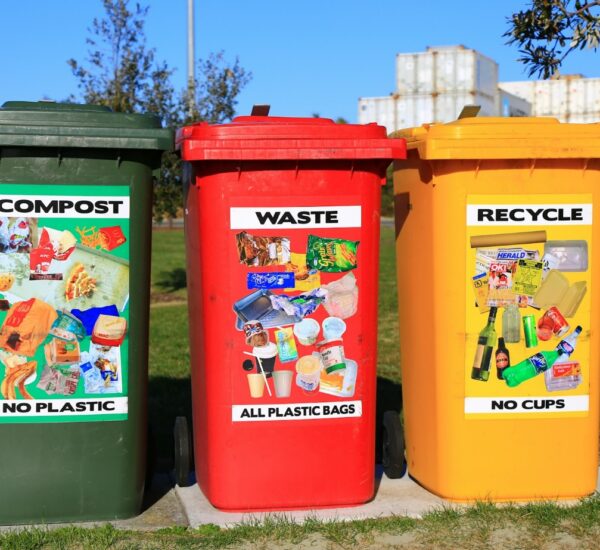In addition to numerous federal and state regulatory standards applying under waste management legislation, the treatment and disposal of municipal, residual, and hazardous waste implicate many air quality regulations. The attorneys in MGKF’s air quality practice have considerable experience in addressing air quality permitting and compliance issues critical to the waste industry.
Hazardous Waste Facilities: Hazardous waste management activities potentially trigger air quality regulations promulgated under the federal Resource Conservation and Recovery Act (“RCRA”), including subparts A, B, and C to the federal Part 264 regulations. These requirements often apply to hazardous waste management activities at the generator’s facility, even where only on-site wastes are managed. The combustion of hazardous waste may involve regulations under both RCRA and the Clean Air Act, notably including federal and state standards applicable to boilers and industrial furnaces (the “BIF” regulations).
Facilities that receive off-site waste for treatment may be subject to numerous operational and control standards, such as regulations applicable to benzene waste operations and off-site waste recovery activities. These facilities may also be subject to hazardous air pollutant regulations under the Clean Air Act to the extent that they accept for treatment waste or wastewater from independent third parties, and the originating source relies upon the treatment facility to satisfy the generator’s air pollution control requirements.
Municipal Waste Facilities: With the promulgation of the Standards of Performance for New Stationary Sources applicable to Municipal Solid Waste Landfills, the related Emission Guidelines, and the Maximum Achievable Control Technology (“MACT”) standards for municipal solid waste landfills, municipal waste facilities are now subject to numerous air quality-related requirements. In addition, regulatory requirements applicable to the disposal of asbestos-containing material remain an ongoing consideration for these sources. Our professionals have extensive experience in interpreting these regulatory programs, as well as responding to federal and state enforcement actions in this area and assisting facilities in satisfying numerous reporting requirements.
Air quality permitting obligations now extend not only to landfill gas combustion units, but also to municipal waste landfills and their expansions. Further, the use of landfill gas-fired turbines for energy production not only potentially triggers a relevant New Source Performance Standard (“NSPS”) for stationary gas turbines, but also has implications for the applicability of landfill gas control requirements under the landfill NSPS.
We have extensive experience working with emission estimation techniques for waste operation air sources, scrutinizing and tailoring permit terms to ensure operational flexibility and securing permits on an expedited basis.




